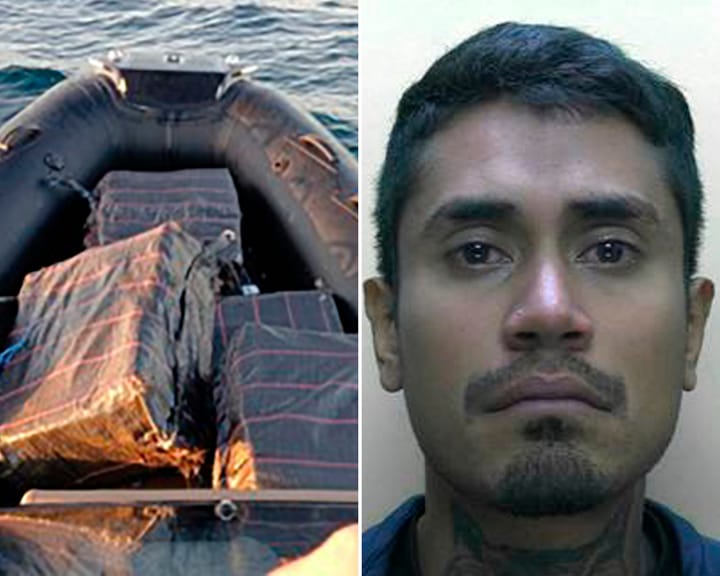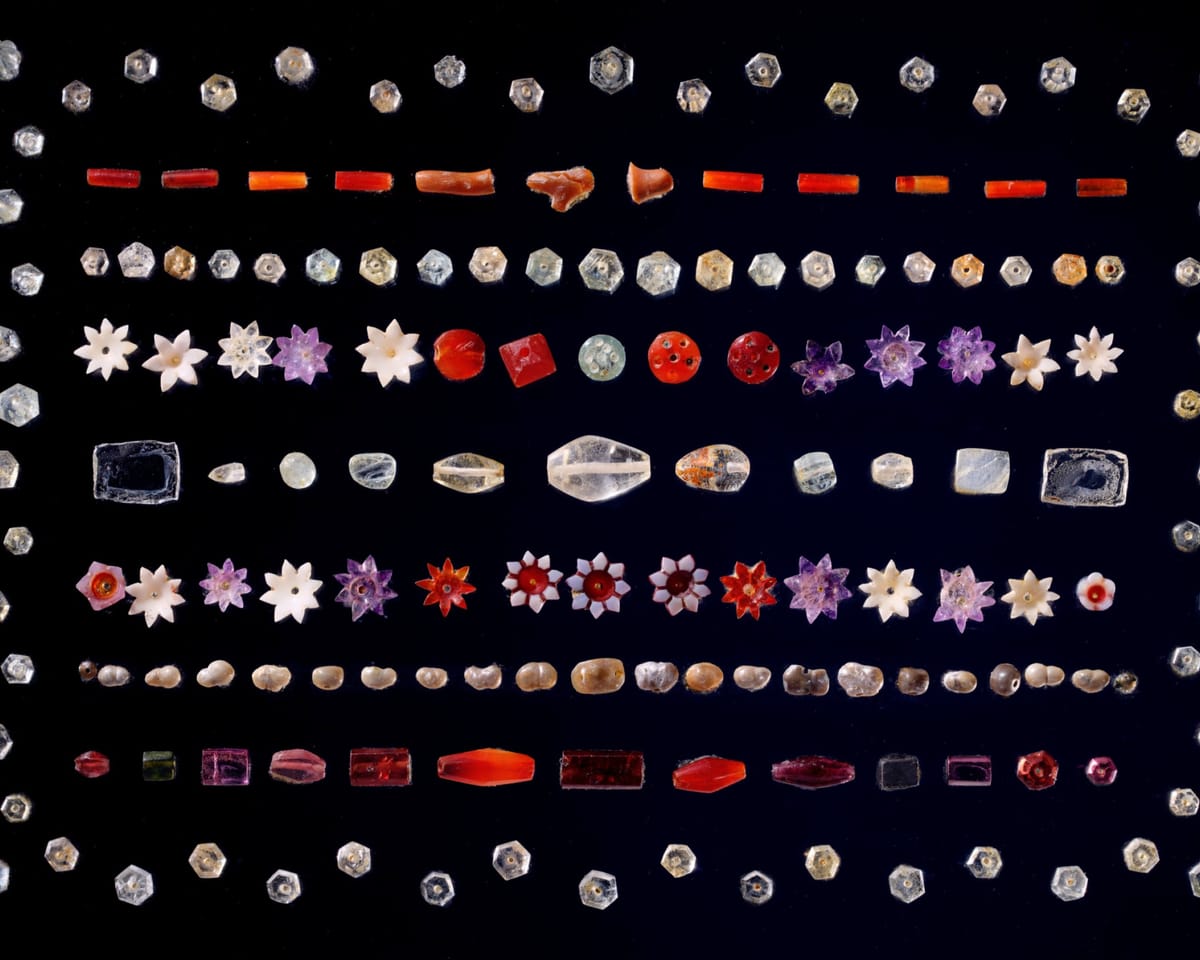Ancient Gem Relics Linked to Buddha Repatriated to India After 127 Years
The Indian government has successfully secured the return of ancient gem relics connected to the remains of the Buddha, two months after their auction was halted in Hong Kong.
In a social media post, Prime Minister Narendra Modi stated that the repatriation of the Piprahwa gems marked "a joyous day for our cultural heritage."
The auction, initially scheduled for May, was postponed after India’s culture ministry warned of legal action in Indian and Hong Kong courts, as well as through international bodies, over alleged violations of cultural heritage laws.
Many Buddhists consider the gems to hold sacred significance, believing they carry the presence of the Buddha and should be treated as physical relics.
The ministry announced that the artifacts would be officially presented in a special ceremony before being made available for public viewing. The acquisition was facilitated through a collaboration between the Indian government and Godrej Industries Group.
Modi remarked, "Every Indian will take pride in the return of the sacred Piprahwa relics of Bhagwan Buddha after 127 years. These relics underscore India’s deep connection to his teachings and reflect our dedication to preserving our cultural heritage."
The gems had been put up for auction by three descendants of William Claxton Peppé, a British colonial landowner who unearthed them in 1898 on his estate in northern India. The decision to sell the relics drew widespread criticism from Buddhist leaders, scholars, and followers.
The collection of 334 precious stones—amethysts, coral, garnets, pearls, rock crystals, shells, and gold—was estimated to fetch around HK$100 million (£9.7 million). Some were crafted into ornaments, while others remained in their natural state.
Originally, the gems were interred in a stupa—a dome-shaped funerary monument—in Piprahwa, now part of Uttar Pradesh, around 240-200 BC, alongside some of the cremated remains of the Buddha, who is believed to have died around 480 BC.
Under the 1878 Indian Treasure Trove Act, the British crown claimed Peppé’s discovery. The bones and ashes were given to King Chulalongkorn of Siam, while the majority of the 1,800 gems were sent to the Indian Museum in Kolkata. Peppé was allowed to keep roughly a fifth of them.
In response, the auction house involved stated it was pleased to have aided in the artifacts’ return to India.
"Our efforts over the past two months to find the most suitable custodian for these relics have now been fulfilled. This outcome is the result of cooperation with the Peppé family, the buyer, and the Indian government, ensuring the Piprahwa gems remain in India for public display," the statement read.
The executive vice-chair of Godrej Industries Group expressed honor in playing a role in the historic repatriation.
Read next

"Softball booms in Brazilian city as Cuban migrants surpass Venezuelans for the first time"
Roberto Hernández Tello, 59, originally from Camagüey, Cuba, had hoped to reach the United States for a better future. But due to stricter immigration policies under the previous U.S. administration, he found himself in Curitiba, southern Brazil, thousands of miles from home.
Like him, many Cubans have recently arrived

"Public asked to aid in catching drug gangs using 'mother ships' near UK shores"
Police Ask Coastal Residents to Aid in Combating Drug Smuggling
Authorities have called on residents of coastal areas in the UK to assist in disrupting criminal groups that are employing increasingly creative tactics to bring large amounts of cocaine into the country.
Officials have noted a rise in “at-sea drop-offs”

"Germany's historic largest gay nightclub files for bankruptcy"
Germany’s longest-running and largest LGBTQ+ dance venue has filed for bankruptcy after operating for nearly 50 years, succumbing to financial pressures and shifting trends in Berlin’s nightlife.
Internal challenges and the rise of dating apps contributed to SchwuZ’s difficulties over the past year. In May, the venue

